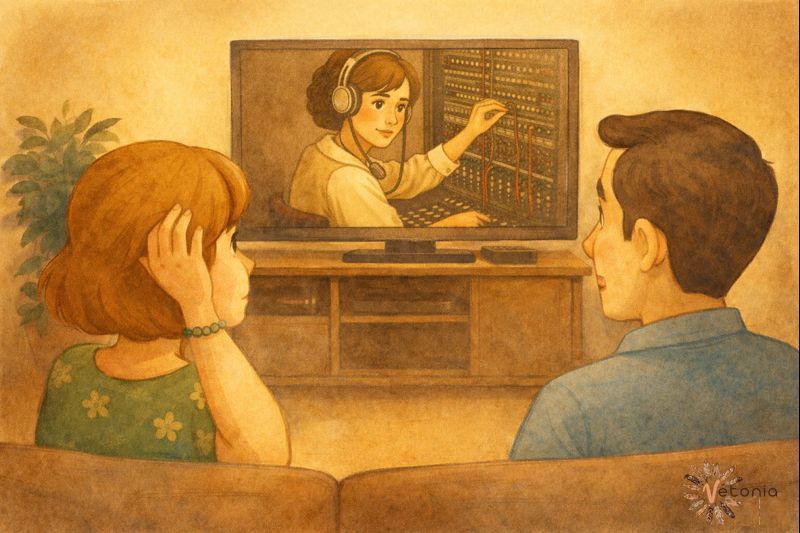
Just when I think I am getting the hang of Spanish, zipping along conversationally with bartenders, doctors and my boyfriend, I hit a speed bump and lurch wildly across the path. I say something relatively simple, about which I’m quite confident, and get a funny look – or, worse, have an argument.
My Spanish boyfriend speaks English fairly well, and often we will switch between his native language and mine. But the other day we almost had a fight over the word “pretend” which means, well, “pretend” in English and “intend” in Spanish. So he meant to say “I intend to do better” but what he actually said, in English, was: “I’ll pretend to do better.”
Pretenderé hacer mejor = I intend to do better.
Fingiré hacer mejor = I’ll pretend to do better.
As I have been discovering, when learning a new language, you must be on the lookout for false friends. These are words in two languages that look or sound similar but actually have very different meanings. But because they appear familiar, they can easily trick you into using them incorrectly.
For example:
- embarazada ≠ embarrassed (it means pregnant, not embarrassed)
- ropa ≠ rope (it means clothes, not rope)
Another lost in translation moment with my Spanish boyfriend involved the word “compromiso.” In his mind he was talking about “commitment” but to my English mind he was talking about “compromise.” As you can imagine, we were having two different conversations about our relationship.
Here’s a list of common English–Spanish false friends that I’ve either discovered the hard way, or have simply learned in my online Spanish classes.
Sopa ≠ Soap
- Spanish meaning: soup
- False English guess: soap
- Examples:
- ✅ Voy a preparar una sopa de verduras. → I’m going to make vegetable soup.
- ❌ I’m going to make vegetable soap.
Éxito ≠ Exit
- Spanish meaning: success
- False English guess: exit
- Examples:
- ✅ La película fue un gran éxito. → The movie was a big success.
- ❌ The movie was a big exit.
Asistir ≠ Assist
- Spanish meaning: to attend (a class, meeting, event)
- False English guess: to assist, to help
- Examples:
- ✅ Voy a asistir a la conferencia. → I’m going to attend the conference.
- ❌ I’m going to assist the conference.
Constipado ≠ Constipated
- Spanish meaning: to have a cold
- False English guess: constipated (digestive problem)
- Examples:
- ✅ Estoy constipado y no puedo respirar bien. → I have a cold and I can’t breathe well.
- ❌ I’m constipated and can’t breathe well.
Carpeta ≠ Carpet
- Spanish meaning: folder, binder
- False English guess: carpet, rug
- Examples:
- ✅ Guarda los documentos en la carpeta. → Put the documents in the folder.
- ❌ Put the documents in the carpet.
Librería ≠ Library
- Spanish meaning: bookstore
- False English guess: library
- Examples:
- ✅ Compré esta novela en la librería. → I bought this novel at the bookstore.
- ❌ I bought this novel at the library.
Fábrica ≠ Fabric
- Spanish meaning: factory
- False English guess: fabric (cloth, textile)
- Examples:
- ✅ Trabajo en una fábrica de coches. → I work in a car factory.
- ❌ I work in a car fabric.
Discusión ≠ Discussion
- Spanish meaning: argument, fight (verbal)
- False English guess: discussion (calm talk)
- Examples:
- ✅ Tuvieron una fuerte discusión anoche. → They had a big argument last night.
- ❌ They had a big discussion last night.
Hopefully these examples will help you keep an eye open for these false friends and avoid misunderstandings or, worse, fights with your real friends!




0 Comments